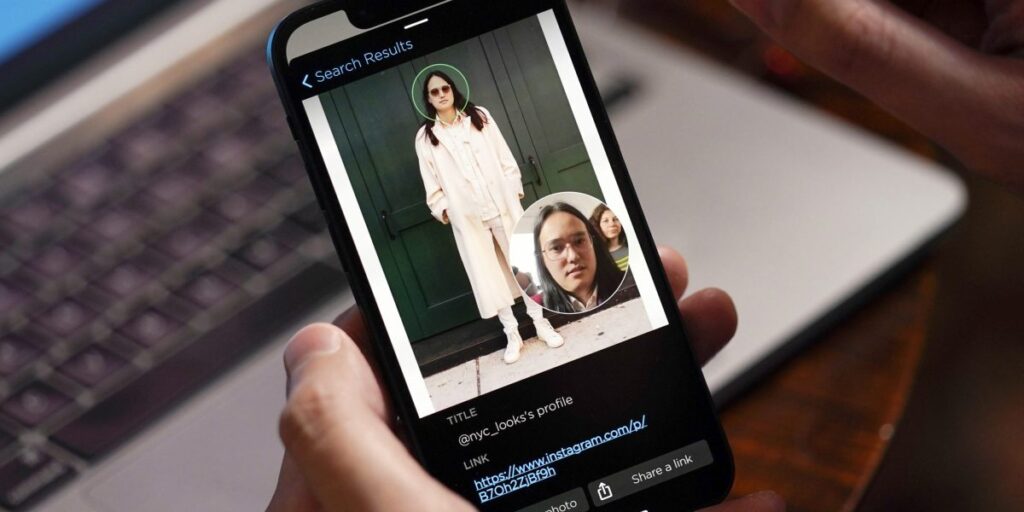
Facial recognition startup Clearview AI reached a settlement Friday in an Illinois lawsuit alleging that its massive collection of facial photos violated the privacy rights of subjects, with lawyers estimating the deal could be worth more than $50 million.
But the unique agreement gives plaintiffs in the federal lawsuit a share of the company’s underlying value, rather than a traditional payment. An estimated $20 million in attorney’s fees will also be deducted from the settlement amount.
Northern District of Illinois Judge Sharon Johnson Coleman gave preliminary approval to the agreement Friday.
The case consolidates lawsuits filed across the U.S. against Clearview, which scrapes photos from social media and elsewhere on the web to create a database that it sells to businesses, individuals and government entities.
The company settled a separate case in Illinois in 2022 over alleged privacy violations and agreed to stop selling access to its database to private companies or individuals. The agreement still allows Clearview to cooperate with federal agencies and local law enforcement outside of Illinois, which has strict digital privacy laws.
Clearview did not admit any liability as part of the latest settlement.
“Clearview AI is pleased to have reached an agreement in the class action settlement,” James Thompson, an attorney representing the company in the lawsuit, said in a written statement on Friday.
Lead plaintiffs’ attorney Jon Loevy said the agreement was a “creative solution” necessary for Clearview’s financial situation.
“Clearview does not have the cash to pay fair compensation to the class, so we need to find a creative solution,” Lowe said in a statement. “Under the settlement, victims of privacy violations can now participate in any benefits that ultimately accrue, thereby regaining some level of class ownership of their biometric information.”
It’s unclear how many people are eligible to join the settlement. The agreement’s language is broad and includes anyone whose images or materials exist in the company’s database and who resided in the United States as of July 1, 2017.
A national campaign to notify potential plaintiffs is part of the agreement.
Clearview attorneys and the plaintiffs worked with retired federal judge Wayne Andersen, who now mediates legal cases, to craft the settlement. In court documents filing the agreement, Anderson bluntly wrote that the startup would have no chance of paying any legal judgment if the lawsuit proceeds.
“Clearview does not have the funds to pay a multi-million dollar verdict,” he was quoted as saying in the filing. “Indeed, there is substantial uncertainty as to whether Clearview will have the funds to complete the trial, let alone fund the verdict.” ”
But some privacy advocates and those seeking other legal action called the agreement disappointing and would not change the company’s operations.
Sejal Zota is an attorney and legal director at Just Futures Law, the group representing the plaintiffs in the lawsuit against the company in California. Zota said the agreement “legitimizes” Clearview.
“It doesn’t address the root of the problem,” Zota said. “Clearview continues to collect and sell people’s faces without their consent and use them to train its artificial intelligence technology.”

